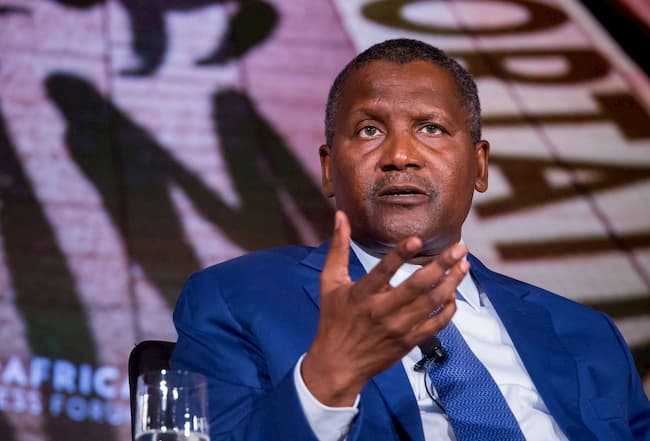Nigeria is working out new oil and gas policies to attract more private investors and boost crude production by 500,000 barrels a day by 2020, state firm NNPC said on Thursday.
Last week, the OPEC member’s upper house approved parts of the Petroleum Industry Bill (PIB) aiming to tackle everything from an overhaul of state oil company NNPC to taxes on upstream projects in a sector riddled with corruption.
The bill has been in the works in parliament for a decade and Senate President Bukola Saraki wants to get much of the work done by year-end.
The petroleum ministry presented two papers for oil and gas policies, which were posted by NNPC on Twitter.
In the oil paper the ministry proposed to restructure NNPC, set up an industry regulator, invite more investors and boost refining capacity to end costly imports.
“The philosophy of the action plan for the Petroleum Policy is for the government to put the legislative and commercial framework in place and then let the market develop by itself,” the paper said.
As a short-term goal, Nigeria wants by next year to provide the necessary funding for investments to allow output to rise by 500,000 bpd by 2020, the paper said.
In a separate draft seen by Reuters in April, Nigeria planned to split NNPC into two to help ease a planned stake sale in the coming years.
Last week, Oil Minister Emmanuel Ibe Kachikwu said oil output was 2.1 million bpd but militants have since staged several attacks on pipelines, part of a fight for a greater share of oil revenues in the Niger Delta oil hub.
REUTERS












